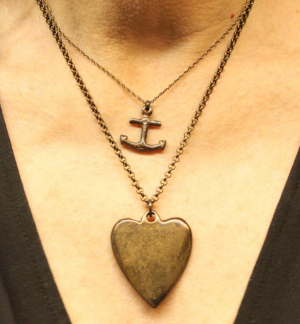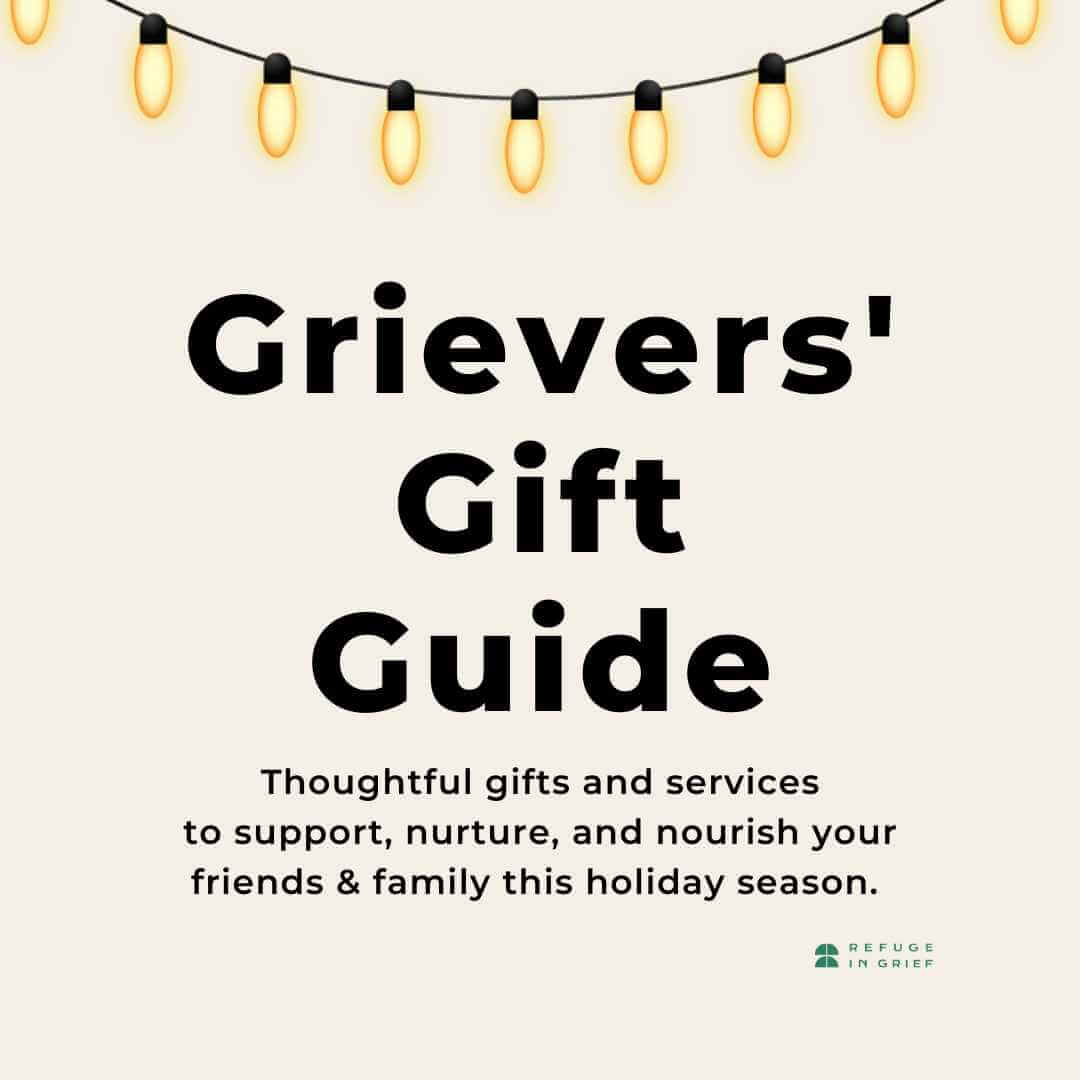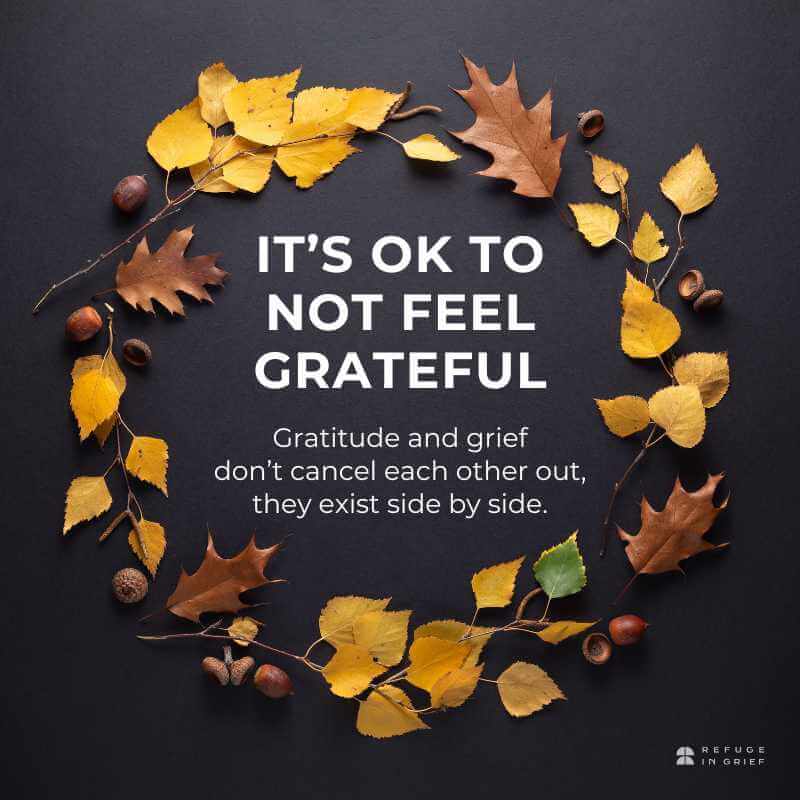How do I handle conflict between relatives after a death in the family?
Many people ask how to handle the challenges that come up with extended family after a death. So much conflict comes up, doesn’t it. All the crazy comes out to fill the space your person left vacant.
Death really thr ows a monkey wrench into family dynamics. Opinions and needs all jockey for room, for space; everyone needs to be seen and be heard. Relatives that were distant in life come out of the woodwork, people you think have your back disappear into their own wounded silence.
ows a monkey wrench into family dynamics. Opinions and needs all jockey for room, for space; everyone needs to be seen and be heard. Relatives that were distant in life come out of the woodwork, people you think have your back disappear into their own wounded silence.
Death shakes everyone up.
There are so many threads here, so many different aspects to discuss when it comes to family relationships in the wake of out-of-order death.
For today, though, I want to start with something relatively simple: the ways we mark our loved one’s life.
I’m not sure where to start. I notice I’m wary and careful. Though the story is my own, there are other hearts involved, and I want to be gentle with them.
The truth is, there were a lot of conflicts around the ways my family and my in-laws wanted to memorialize my partner, their son-in-law, their son. I’m not talking about the actual memorial service, at least not today, but the many ways people wanted to create memorial spaces, events, or places.
Some people wanted the family to come together and purchase an elaborate headstone. Aside from the fact that this was far, far beyond anything Matt would have wanted, an elaborate anything was out of reach for some family members.
My mother wanted to create a memorial garden. My mother-in-law wanted a tree planted in Matt’s name, on a pretty stretch of land near her home.
If anything, I wanted a memorial poker tournament, something true to his interests and life, the proceeds going to his son’s travel fund, or some other interesting cause.
In the end, everyone went their own way, which is largely how it should be. Before we got to that place, though, there was definite tension.
In those first frenetic weeks after his death ripped through everything, everyone had an opinion. No: everyone had a deep, relentless need to stake a claim to him, to make something permanent, to show evidence of their love, to give themselves an anchor, somewhere, somehow.
Everyone wanted everyone involved, regardless of whether not they agreed, regardless of whether or not one person’s expression of love matched another’s need for expression. There were battles and disappointments and arguments.
In-laws battled within their ranks about whose religious beliefs should take top honors. Chasms opened between family members around finances and “final resting spots.” Debates raged over who should have possession of his ashes until such time as a group decision could be made.
I watched, from the sidelines, horrified. Disgusted.
Both my mother and my mother-in-law wanted me to be excited and involved in their projects, an excitement I did not have in me at that time. Every time someone went on about this tree or that garden, and how I needed to be involved, or choose, or attend, I had to fight back the words: “I do not want a stupid tree. I want him back!” “I don’t care what kind of flowers you put there, it’s your garden, not his.”
And, oh, the number of times I had to bite my tongue and use my grown-up words when someone suggested something that would have made even Matt lose his temper.
In the end, of course, no one could truly win: no matter what got planted or who gathered in his name, my love was still dead. He was still not coming back.
As it stands, there is no headstone; his ashes were divided among a very small group, and have been scattered in many places. My parents sold the house that was to hold his memorial garden. I will likely never see the yellow magnolia planted near the beach where Matt and I once sat while visiting his mother. If his friends gather for an annual poker tournament, it is not the one I’d planned.

Whether we did it alone or together, whether it came out as we’d wished, we each had to find our own way to anchor ourselves back into the world, find our own ways to remind ourselves of him, of us, of our lives together.
The truth is, there is no one right way to honor someone you love. Each relationship leaves its mark, each mark is yours alone. Your way of memorializing a life is right only for you.
While others may join you, remember that they will have their own expressions too. They deserve the right to decline, to pull away, to not participate.
If you’ve found yourself in those early days of grief, arguing over what goes where and how, please be gentle with each other’s hearts. There will be politics and difference, disappointments, and more loss.
Remember that these things we fight about are only outer touchstones.
Love is there, underneath it all, and we will each need to find our own way to anchor that in our hearts.
How about you? Has your extended family or network of friends fallen out over physical memorials or events? How have you managed the different needs and opinions of this wild group in grief? Let us know in the comments.
We talk about things like this in the Writing Your Grief course. Please join us in the next session.



